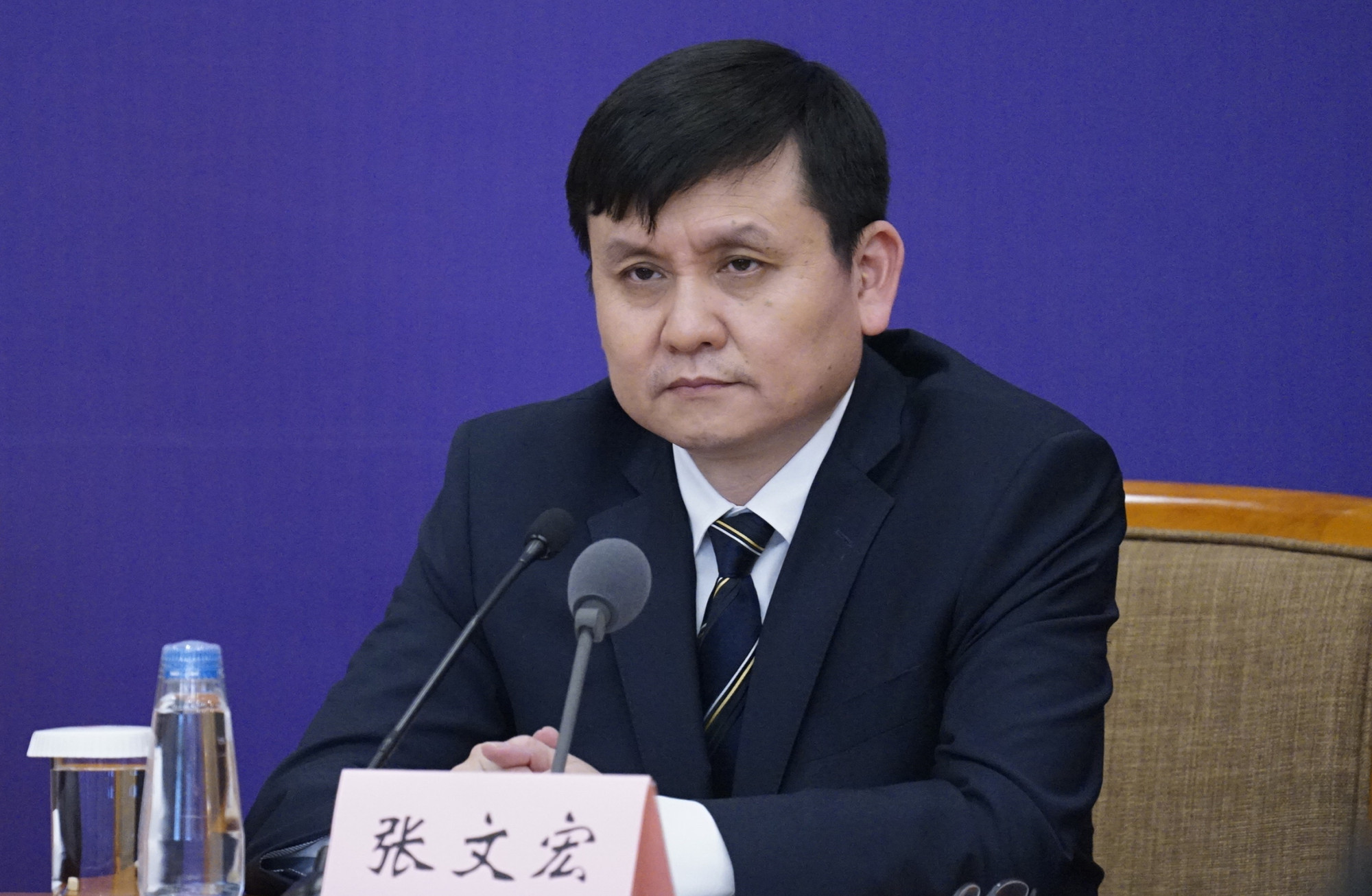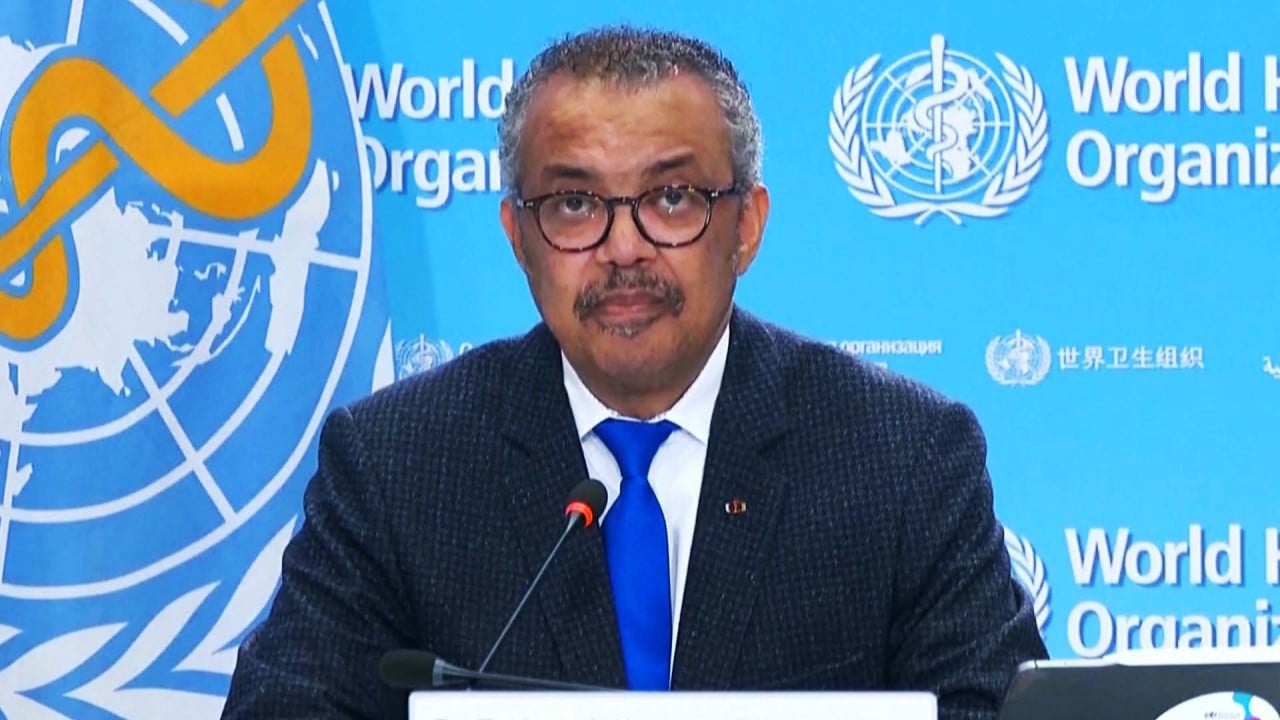He has published hundreds of papers in the field of public health and infectious diseases. But now he is embarking on a new initiative to address the intersection between two growing threats: climate change and infectious diseases.
Research examining this relationship “will become a growing focus globally”, he said.
As the planet’s climate changes, including the expansion of the tropics, the way pathogens evolve and mutate is also changing.
A study published in the peer-reviewed Journal of Geophysical Research: Atmospheres in 2020 found that ocean surface warming in subtropical regions was expanding the width of the tropics.
“It has been expanding from near the south – the more tropical areas – towards the north, and now it has also begun to expand to the Yangtze River Basin. So we can now also detect dengue fever in the Yangtze River Basin,” Zhang said.
The World Health Organization (WHO) has said that in future decades climate change will affect the spread of vector-borne diseases like malaria due to changes in global temperature and precipitation patterns.
There is a hypothesis that the Covid-19 pandemic spread to humans from bats, whose habitats are also expanding.
“So the work we are doing now is actually for the next pandemic.”
But countries will need more data if they are to work together to create global disease management agreements and strategies to respond quickly to another global pathogen.

As director of the Shanghai Sci-Tech Inno Centre, Zhang signed a memorandum of understanding with the University of Hong Kong (HKU) to work towards that goal at the annual Pujiang Innovation Forum in Hong Kong in late April.
As part of the project, experts in climate change, public health, infectious disease control and public policy will be brought together for research at HKU’s Centre on Contemporary China and the World (CCCW).
Resident and non-resident experts will “pursue original research, establish regular monitoring systems and provide public policy discourse platforms”, according to the CCCW.
“Using this platform, infectious disease experts and microbiologists can work with environmental experts and climate experts to conduct in-depth research on climate change and infectious diseases together,” Zhang said.
While Zhang and other experts from the mainland will begin their work alongside experts in Hong Kong, preparing for the next pandemic will need to be a group effort for researchers around the world.
It will require science “from different angles and levels” to provide as much evidence as possible for policy experts and governments to use when devising disease management strategies.
As part of the work with the CCCW, an information-sharing platform will be created “so that we scientists have some systems that we can use to communicate”, Zhang said.

The work scientists are doing today will be guided by the research that has been done in the past few years since the coronavirus pandemic.
Beyond preparing to manage the spread of future pathogens, scientists are also concerned with how climate change will affect treatments for infected patients.
Antimicrobial resistance – when bacteria, parasites, viruses and fungi develop resistance to drugs meant to kill them – is another growing challenge.
Zhang said that in 2019, 1.27 million people died directly as a result of antibiotic resistance around the world.
“An issue that scientists all over the world agree on is that by 2050, annually, 10 million people will die of drug resistance,” Zhang said. That is equal to the number of people who currently die of cancer each year.
In the past, research on drug resistance was separated into clinicians studying how to treat it and pharmacologists trying to make new antibiotics.
“But we have now discovered that the emergence of drug resistance is faster than the emergence of antibiotics,” Zhang said.
While research on how climate change and drug resistance may be linked was “currently lacking”, expanding on this field should be an important part of pandemic preparedness, he said.
One of the strategies that has been proposed is One Health, an initiative that the WHO describes as an integrated global approach mobilising different sectors of society to work together on issues like managing global health threats.
This includes researchers, doctors, government officials, world organisations and global communities.
Although the world officially came out of Covid-19 lockdowns last year, Zhang said that how the virus mutates and evolved “is still of great concern”.
“We will also observe how coronavirus spreads from the natural reservoir to human society,” he said. This is due to the expanding habitable areas for its vectors.
“It will have important implications for the future.”

Rachel Carter is a health and wellness expert dedicated to helping readers lead healthier lives. With a background in nutrition, she offers evidence-based advice on fitness, nutrition, and mental well-being.








